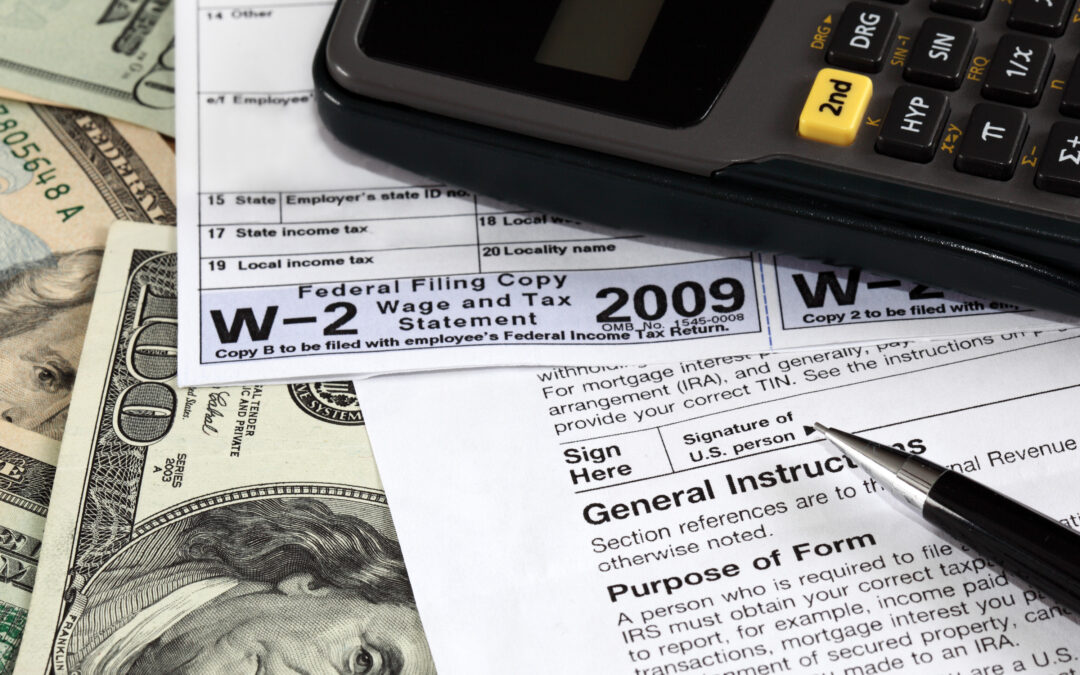This time of year, people often ask me, “Frank, it seems like I pay a lot in taxes. What can I do to pay less?”
Mostly, they are really asking me, “How can I save on taxes by moving some numbers around on paper?”
To save on taxes, our elected representatives strike a deal with us. If we spend or save money in certain ways, they grant us tax deductions. This, of course, requires actual spending or saving money – not just moving numbers around on paper.
A decade ago, a couple came to me for some financial consulting. Their annual family income was about $180K, and they were concerned that they were still living paycheck to paycheck. In 2022, with nearly double-digit inflation, $180K might now qualify for food stamps in the DC metro area – but not back then.
I asked them to list how they spend their money, and to divide up the spending as either necessary or discretionary. In their “necessary” column, they listed the following:
- $50K payments to a nanny;
- Two nearly $1,000 monthly car payments on BMWs;
- Payments on a $850K mortgage on a house in Arlington;
- Payments on $60K in credit card debt.
They had nearly no retirement savings. They thought they were paying too much in taxes.
They were paying too much in taxes, but there was nearly nothing they could do about it, as they had no money to spend on the type of expenditures which generate tax deductions.
Their central problem wasn’t taxes. It was their financial lifestyle. They couldn’t solve their tax problem until they solved their lifestyle problem.
This is the case with many people, who come to me complaining about paying high taxes on wage income.
Unfortunately for wage earners, our elected representatives haven’t provided many great tax deductions for them.
However, here are some great ideas:
- Maximize contributions to your employer’s 401(k) retirement plan. You get roughly $1 in tax reduction for every $3 contributed to the plan. Plus, your employer probably matches a portion of your contributions.
- Take full advantage of your employer’s flexible spending accounts, such as dependent care benefits and health savings accounts.
- If you employer doesn’t have a 401(k) plan, contribute to an individual retirement account (IRA).
- Contribute to a section 529 college savings account. This is a state-tax-only deduction, but the money grows tax-free and comes out tax-free when your kids use it for college.
- Buy a house. Uncle Sam will pay about 1/3 of the interest in the form of a tax deduction. Our tax system favors homeowners.
If you’re thinking, “I don’t have the money to do any of these above suggestions,” you have a lifestyle problem to solve before your tax problem can be solved.
Thanks for reading!
Frank Stitely, CPA

